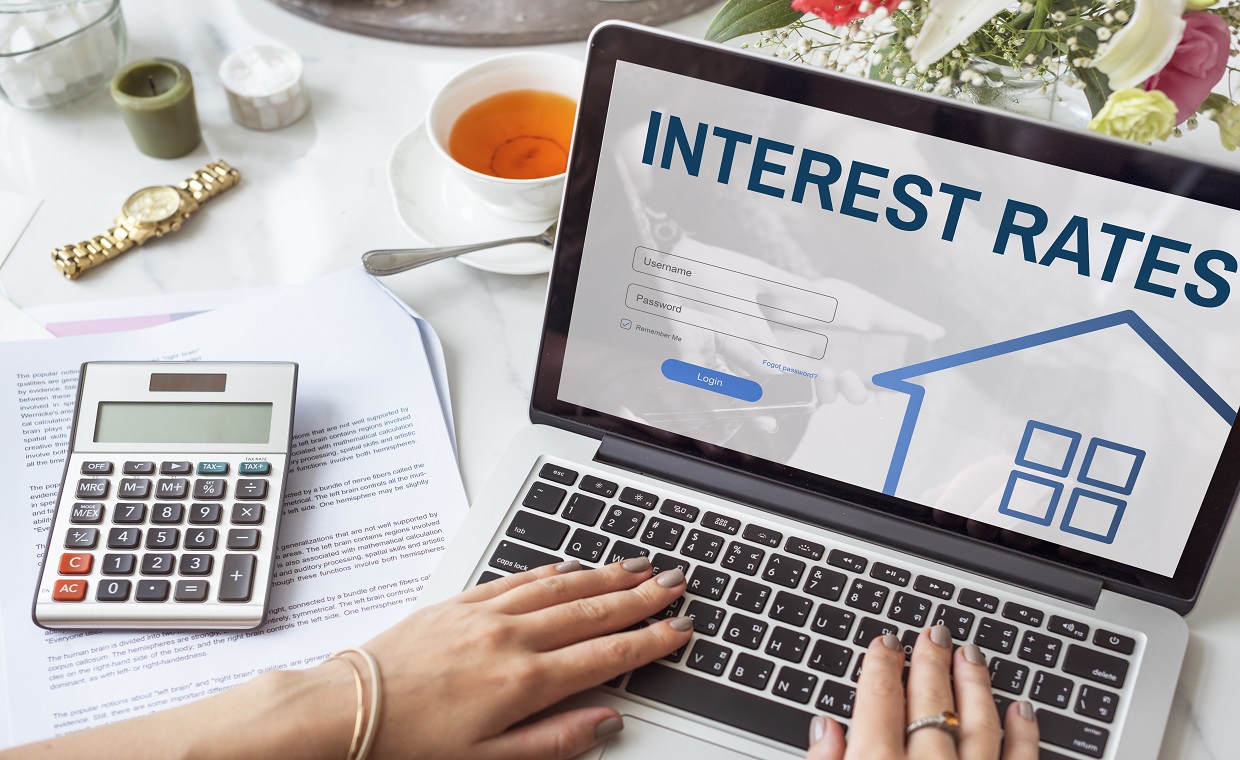
Given the substantial perks attached to having a house, its only natural to desire owning one. Before getting started with the necessary procedure, it’s essential you do basic number crunching, understand how a mortgage works and review necessary paper works to answer the “am I ready to buy a house” or “when should I buy a house” questions.
In your quest to purchase a home, there are some basic first time home buyer questions to consider and we’ve taken time to explain the basic things to know about buying a house for the first time like when are you ready to buy a house or when to buy a house? So let’s dig in!
5 Points that answer your question: Am I ready to buy a House?
You’re all set to purchase a home if you resonate affirmatively with all indicators we’ve outlined below:
01. You Have a Substantial Savings Fund With No Outstanding Debts

Top on the lists of personal fact-finding questions to ask when looking at a house is what’s my financial capability?
It’d be best to have outstanding deficits or liabilities cleared before you purchase a property. The three major expenses that prevent intending home buyers from budgeting for a house are all debts with interests.
Moreover, attempting to settle bills typically associated with owning a house, while still making other loan repayments can put you one energy bill away from insolvency. It’d be best to have a substantial amount in your savings with little or zero debt before proceeding.
02. You’ve Got No Troubles Paying for Moving Expenses

One of the first time home buyer questions should ask themselves is, “can I reasonably budget for relocations without it affecting me financially?” Remember, purchasing a home also entails relocation, so ensure that you’ve got adequate financial reserve for relocation costs.
Depending on where you live and where you intend moving to, moving companies typically charge around $800 to $2,500.
A great way to ensure you get the best quotations would be to consult with different movers. Increase your relocation expenses a little to cater for cartons, wrappings and similar necessary materials, but don’t let the excitement of getting a new home lead you to squander on stuff you don’t need. Moving to a new house? Here are some tips to make your moving easy and hassle free:
03. You Can Pay the Required Closing Charges

Some of the questions first time home buyers should ask themselves along with “When should I buy a house” is whether they can pay the required closing charges. Chances are your home seller may pay for closing fees out of their pocket, but don’t count on it. Typically, the home owner’s contribution charge is around 4% of the price tag of the home. Closing costs usually cover things like pest and termite inspections, PMIs, local taxes, etcetera.
Set up a closing expense fund after the lending bank forwards you a mortgage evaluation form. Remember it’s not uncommon for these numbers to change before closing on your house.
04. You Can Shoulder Paying a Monthly Mortgage and Property Maintenance Costs

This fourth criterion is similar to the first. Consider only purchasing a home if you’re confident you can effectively make mortgage repayments. We don’t wish that you regret ever asking ‘am I ready to buy a house’?
As a rule of thumb, month-to-month repayments shouldn’t ever consume at most a fifth of your monthly salary, or else you just might end up regrettably insolvent (especially after paying all other home costs associated with owning a home).
Below are other homeownership costs you’ve got to consider:
- Private Mortgage Insurance:
When the initial deposit you make on your home isn’t up to 20% of its price, the lender is backed by law to charge you a Private Mortgage Insurance fee in addition to your mortgage. It partially safeguards the bank if you default on repayments.
- Homeowners Association Fees (HOAs):
Not all neighborhoods have HOAs but if you bought a piece of property in a neighborhood with one, you immediately become a part of the homeowners association and will be required to pay for the neighborhood’s developmental campaigns.
- Local Taxes:
State councils periodically tax homeowners in a bid to raise funds for ventures like public park maintenance, community colleges and the police.
05. You Don’t Plan on Relocating for at Least Five Years

Rising property costs attest, if anything, that the more time you spend residing in a particular property, the more it appreciates and you stand to make more in capital gains when selling the property (if you ever opt to sell that is!).
That said, consider renting an apartment if you don’t plan to stay up to at least five years in a house. Anything less and chances are you’d incur sizable losses (after selling) upon factoring in all the main and side costs associated with the purchase alongside maintenance costs.
Sure, within that time frame, the home may appreciate but likely not enough to barely even cover a fraction of the expenses you’ve made.
Essential Questions for First time home buyers
Buying a house entails not just a significant capital investment, but also obligations. Taking into account your objectives and ambitions while deciding if it’s the proper time to purchase a home will pay off in the end.
Take the following into consideration as they are essential questions for first time home buyers.
Can You Commit to a Financial Plan?
After you’ve taken into consideration all of the looming expenses connected with purchasing a property, it’s vital you draft a financial plan and commit to it. Making provision for any unforeseen charges is a top recommendation for ensuring things go according to plan.
Is Your Realtor a Nice Fit for You?
Realtors do more than just suggest houses to buy; they arrange for pre-purchase inspections and negotiate with the seller on your behalf. Working with an agent you don’t get along with will be counterproductive, so pay attention when hiring a real estate agent.
Final Thoughts:
If you’re currently asking ‘am I ready to buy a house’ or ‘when should I buy a house’, doubtless this article has explained all you need to know and answered your questions.
Poor finances need not stop you from purchasing your dream home. Consider reaching out to mortgage lenders for conventional mortgage loans that can help facilitate your home purchase. Who knows, you might be presented with options that can enable you afford your dream house.
Before leaving make sure to check out our articles:































